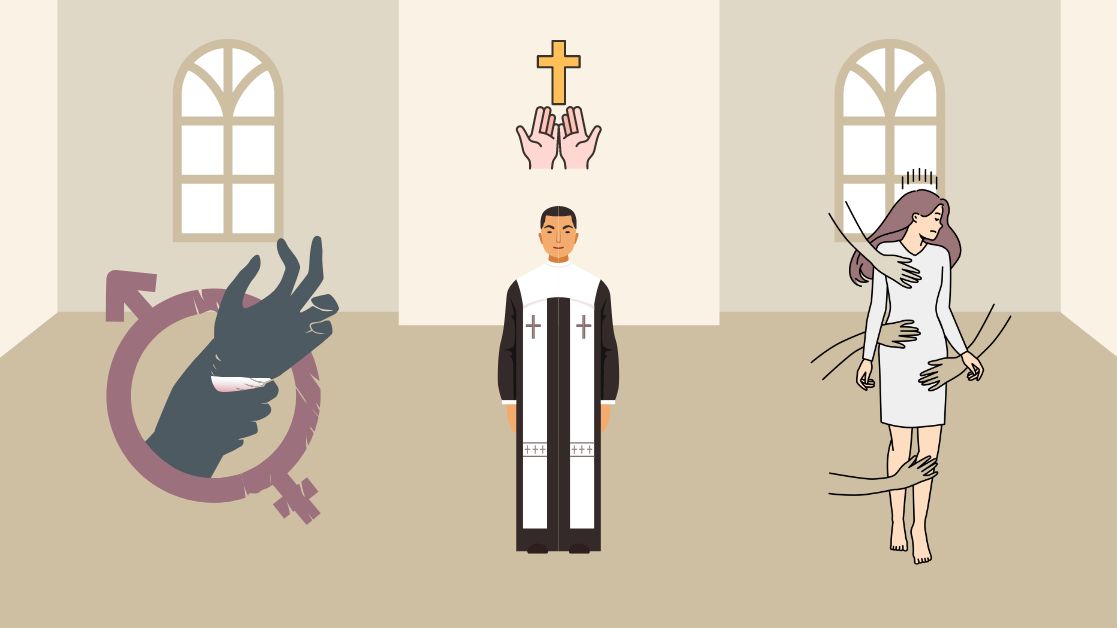Rape is a sin, according to the Bible. It is a crime portrayed as a blatant disregard for God’s design of the human body (Genesis 34).
However, because the laws outlined in the Old Testament existed in the context of a particular culture, it might be challenging to interpret the topic of rape in the Bible. Some interpretations might confuse you and drive you into believing that the Bible does not address rape.
This post will deeply discuss what the Bible says about rape.
Rape in Israelite Law
Israelite law occasionally fell short of the moral standards, preferring to govern structural evil that was too deeply ingrained to be eliminated rather than tolerating it.
It’s crucial to comprehend two cultural mores in particular:
- Finding a husband was highly challenging for non-virgins; and
- Women’s status was so low that they needed a male advocate, preferably a son, to protect them.
We must also contrast the descriptive verses, which record what humans did, with the authoritarian ones, representing God’s will.
Sexual crimes were punished with death because they were seen as betraying one’s innermost covenants and being unfaithful to one’s spouse.
Deuteronomy 22:25–29 contains the Mosaic Law’s prohibitions on rape. It deals with a man who rapes a woman he discovers engaged. The punishment was death for the man.
If a man rapes a woman who is not engaged, he must marry her if her father consents (Exodus 22:16–17). In any case, he must pay the dowry, or the “bride price,” which guarantees her security for the rest of her life.
The man must never disgrace the victim by divorcing her if the victim’s father agrees they should marry.
What Does the Bible Say About Rape?
God’s punishment for raping a virgin, which included a monetary fine and everlasting accountability, was created to discourage rape by making the rapist answerable for his deeds.
He should have provided for her for the rest of her life because he had damaged her life. This punishment may not sound fair to the ears of modern times as we don’t live in the same culture as they did.
In 2 Samuel 13, Prince Amnon sexually assaulted his half-sister, Tamar. Even after he had rejected her, Tamar begged him to marry her out of the fear and humiliation of being violated and unmarried. Absalom, her full brother, became so enraged by the circumstance that he killed Amnon. That was how highly women’s virginity was regarded at the time.
The pains represented were judgment, but Tamar was not subject to it. This biblical tale is horrible and was intended to be horrifying. Tamar was innocent and was injured by someone else’s sin, but David, Amnon, and Absalom were all condemned.
Jewish teachers during Jesus’ day occasionally attributed men’s lust to how women behaved or dressed. Still, Jesus entirely put the onus of responsibility for desire on the man who committed it (Matt. 5:28).
Nowhere in the Bible is a rape victim made to feel guilty, and no one raises the possibility that she might have done something to provoke the attack.
The New Testament clearly demonstrates that Christians must obey the laws of governing authorities (Romans 13). Rape is not only morally wrong, but it is also illegal under the law. As a result, anyone who commits this crime should expect to be punished.
Bottom Line
People are accountable for their actions and sins, including rape. Still, no one is far from God’s grace.
Each one of us is valuable to God. God demonstrated His love and value for you by sending His Son to earth to bridge the gap between God and His people (John 3:16). We can have a relationship with God through Jesus, which comes with hope and healing forever.
Even those who have committed the most heinous sins can be forgiven if they repent and turn away from their evil ways (1 John 1:9). This does mean that they can be exempt from legal punishment, but it can provide hope and a path to a new life.




